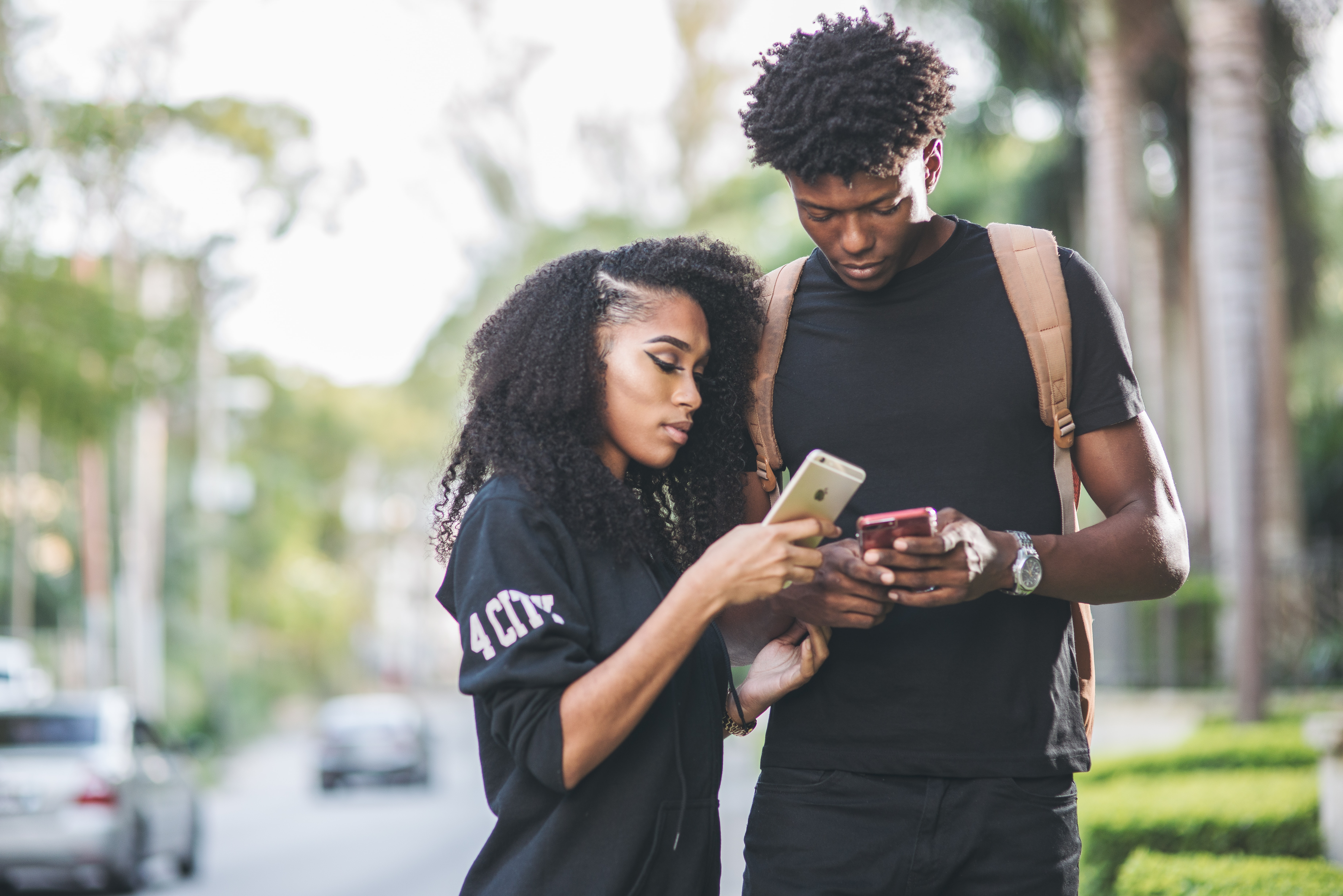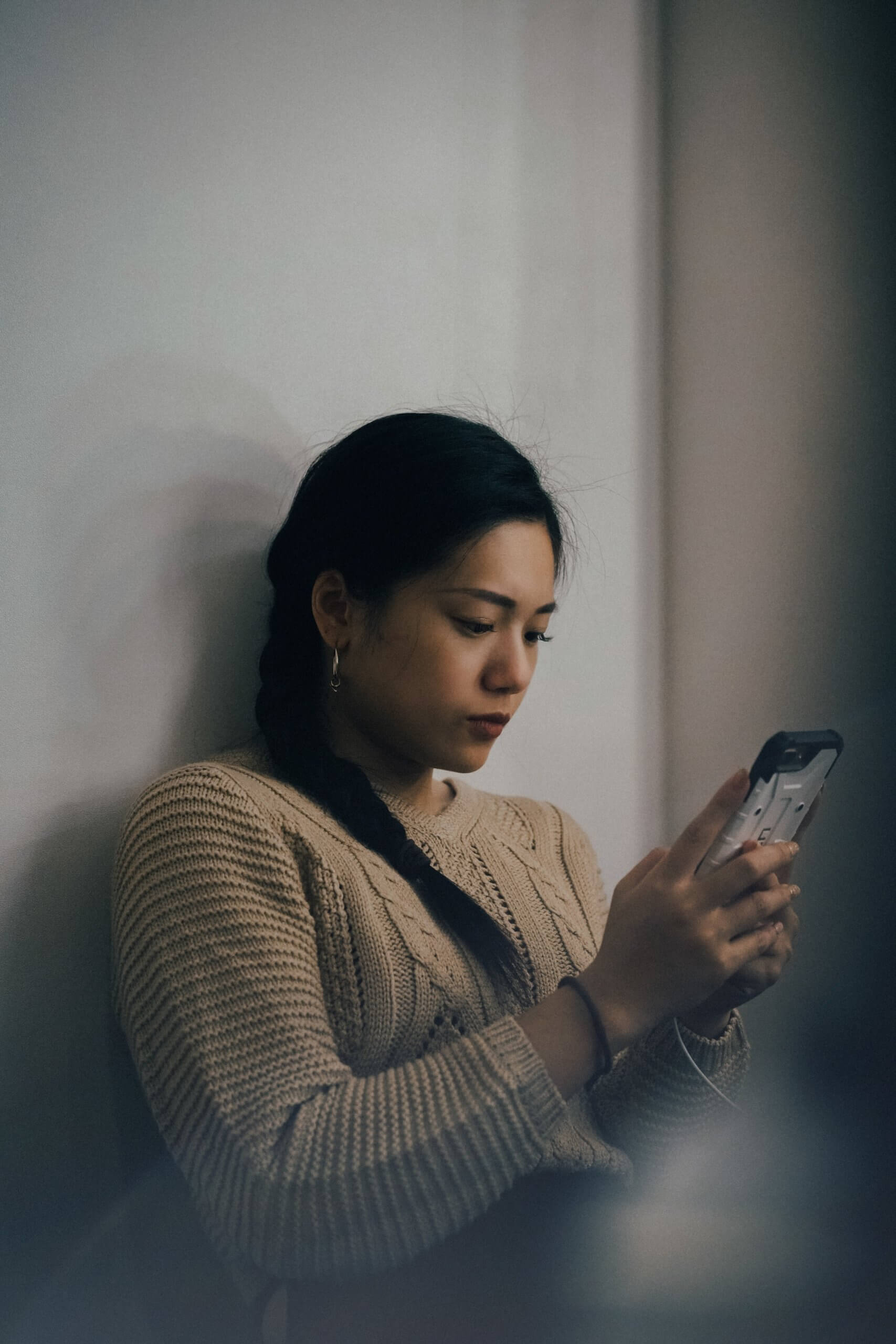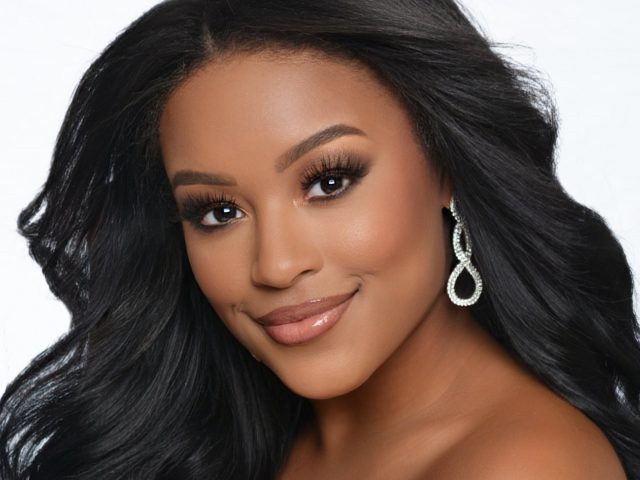Three months prior to my high school graduation, I found myself in the municipal courthouse signing a marriage certificate. I carefully crafted our public image to avoid disapproval. To my friends, coworkers, and mentors, we came across as dedicated, albeit young, loving partners. At least that was the story I tried to tell myself. Everyone in my close circle, however, knew that was far from the truth.
The day we met, he stopped me while I was longboarding to work to ask for my name and number. Over the course of the next month, we saw each other every day and texted nearly every minute we were not together. We quickly bonded over our similar chaotic upbringings. I had never met someone who shared such similarities with me, and I found immense comfort in that. Love was professed within weeks, and the feelings were mutual. The media had always depicted true love as passionate and fast-paced and this fit the narrative.
RELATED: 4 Ways Your S.O. May Be Deflecting Responsibility
My friends and family showed concern for how quickly things were moving, but I was convinced that once they met him and knew him, they would love him just as much as I did. Unfortunately, meeting my partner only made them worry more.
“He’s just not right for you.”
“Your goals don’t align.”
“I worry that you’re being a bit impulsive.”
Only in time would I discover that their concerns were spot-on. Since he knew their feelings, he became very possessive of my time. Arguments ensued when I would spend time with other people. Accusations of betrayal and a lack of loyalty were rampant. This is when I began to use social media as a tool to lessen some of the damage within my relationship and the damage the relationship itself had caused to my loved ones.
Everyone is overlooking the good in him, I thought to myself. Maybe I should show them it?
I began posting about him rather frequently. The flowers he picked for me, photos of our matching shirts, and statuses containing the sweet things he said, all of it made their way onto my Facebook page. I thought that if I improved his image, everything would get better. Unfortunately, I was wrong.
RELATED: How to speak with your partner about digital boundaries

Over time, most friends took a step back from me. They found it difficult to connect when they felt he was always monitoring things. As I became more isolated, I also became more depressed. The relationship became more volatile by the day. Incessant guilting, belittling, and manipulation became the norm.
Feeling alone, I once again turned to social media to seek connection. My partner also utilized social media to connect with me. After a particularly troublesome fight, he would post long, sweet declarations of love to smooth things over. I later learned this is called “love bombing,” but at the time, it worked to temporarily patch things up.
RELATED: How to Know When It’s Time to Breakup
Eventually, something had to give. We decided that the best way to become closer to one another was to get married. To him, I was now trapped. In all honesty, I felt that way too. Before long things began to escalate. Fights turned physical.
Since I did not know what to do, I took to social media to highlight the good parts. I wanted to assure my loved ones that everything was okay. I also tried to justify my decision to get married to him—more to myself than anyone. My justification to myself was that I was practicing gratitude, but truthfully, I was overlooking a lot of unhealthy behaviors.
One day, a good friend managed to get me out of the house for a hike. It was just her and I.
“I am worried about you. You will never have more space than this, only less,” she said with tears in her eyes.
I did not receive this well at the moment, but it was these words that resounded in my head over and over until I finally decided to walk away. I informed people of our separation on a vague Facebook post, and that was the last my timeline ever saw of him.
RELATED: 6 Ways to Maintain Your Mental Health During a Break-Up
People often think that when someone in an unhealthy relationship chooses to post only the good parts of it that their intent is dishonesty. While it is dishonest, the intentions are far more complex. For some people, it could be to appease a possessive partner. For others, it comes from a desire to fit in with the hundreds of other happy couples on their timeline.
To me, it was about doing everything in my power to show how right I was, to others and myself, about my choice to marry him. In the end, it became evident social media was both a band-aid and a distraction for me.
I am here to say if any of this sounds familiar, you may be experiencing an unhealthy or abusive relationship. If you believe you could be in an abusive relationship, go to One Love’s real-time resources, or call the National Domestic Violence Hotline at 1-800-799-7233.
Browse by Category

Finding Strength in Our Stories: Domestic Violence Awareness Month
⚠️ Trigger Warning: This blog includes content and language related to relationship abuse. Please read with care. 💙 October is…
Understanding Domestic Violence Awareness Month (DVAM)
October is almost here, and that means it’s time to…
4 Students Share How They Helped a Friend in an Unhealthy Relationship
Watching a friend struggle in an unhealthy or abusive relationship…
Courageous Boundaries: Managing Life with Your Ex Partner by One Love Foundation and Miss Kansas, Alexis Smith
Co-authored by One Love Foundation and Miss Kansas, Alexis Smith …
How to End a Summer Romance or Friendship
Summer flings and friendships can feel fleeting. So why is…














